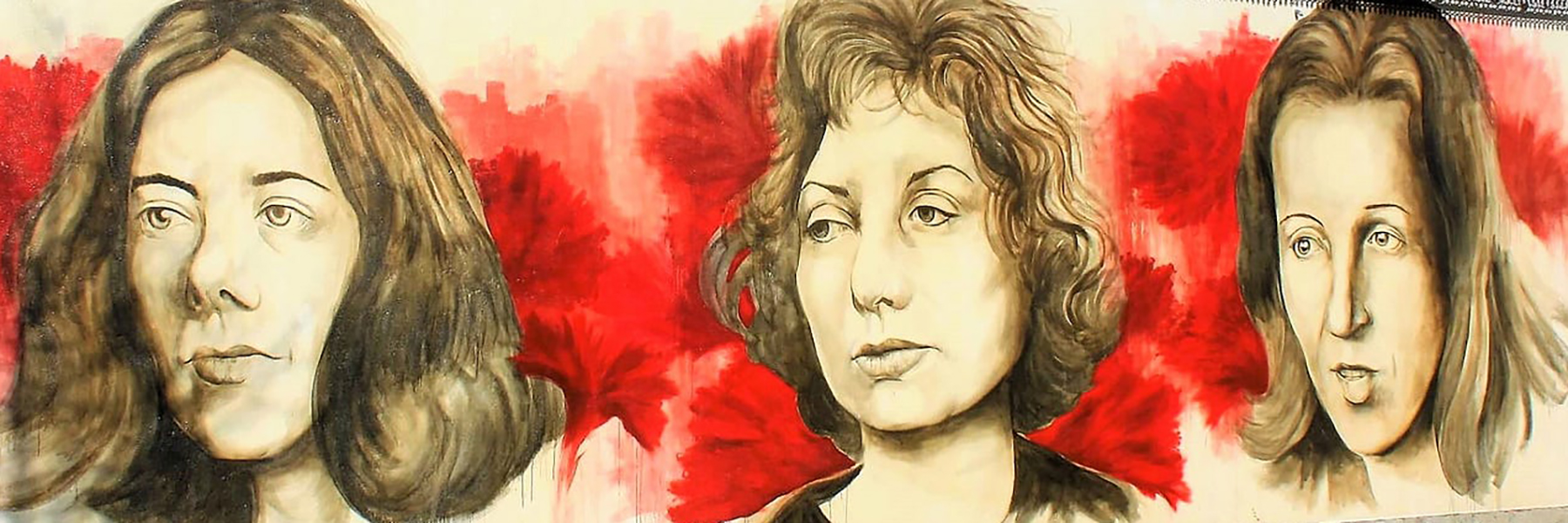
We are hosting a Creative Writing Workshop on Burnout, Overload and Resilience on 14 June – you can find more information on our events page and below.



By Dr Jordan McCullough, Associate Editor at The Polyphony and Postdoctoral Research Fellow at the University of St Gallen, Switzerland
Established in 2023, The Polyphony’s ‘Multilingual MedHums’ series seeks to challenge ‘the Anglocentric nature of much medical humanities scholarship by showcasing the work of scholars based in and working on non-anglophone countries.’[1] The series encourages readers and contributors to engage with the rich entanglement of language and culture, as the media through which health and illness are lived and communicated, and to reflect on the significance of this intersection for their own research agendas and those of the wider field. Following the recent trajectory of other multilingual scholarship in the field, calling us in the direction of a global Medical Humanities,[2] the series seeks to push beyond the boundaries of the Anglosphere; introduce new research trajectories developing across the world; and demonstrate the value of multilingual and translational approaches for the future of the Medical Humanities. The ‘Multilingual MedHums’ series thus resonates with the ‘Reading Bodies’ project on multiple levels.


The second academic workshop for this project will be held at the University of Exeter on 23 May 2024. All are welcome to attend – please reserve your place here. For more information about the programme, visit our events page.


On the benefits of reading for wellbeing and bibliotherapy in the community, take a look at Exeter City of Literature’s Bibliotherapy Skills programme. Their website includes a literature review on bibliotherapy produced by the Wellcome Centre for Cultures and Environments of Health.


The Reading Bodies Research Network has met regularly since November 2023 to discuss our project research questions, updates on our chosen topics, and development of shared interests which are grouped into 3 themes: gender and the body; society, illness and representation; transnational and decolonial perspectives. For more information, please visit our Network and People pages.


The first academic workshop for this project will be held at the Institute of Languages, Cultures and Societies in Senate House, London on 26 April 2024. Registration is free and all are welcome to attend. For more information and a link to reserve your place, please visit our events page.


By Katharine Murphy, Associate Professor of Hispanic Studies and Comparative Literature, University of Exeter, and AHRC Principal Investigator for the ‘Reading Bodies’ project.
Prof. Katharine Murphy has published an invited piece on ‘Reading Bodies in European Literatures and Cultures’ in the Multilingual Medical Humanities series of The Polyphony, hosted by the Institute for Medical Humanities, Durham University.


By Dr Kit Yee Wong, Postdoctoral Researcher in French Studies
How do European languages and literature intersect with the modern human body and identity? Can literature help us re-think the classification of bodies into social and racial categories? Surveying the history of medicine in Europe from the nineteenth century will assist with these questions.
The mid-1800s was the start of the ‘golden age’ of clinical medicine across Western Europe, when medical sciences became professionalised. Disciplines were created in new medical institutions, such as physiology, pathology, gynaecology, and anthropology, to name a few. People were measured and categorised on a grand scale.


By Danielle Hipkins, Professor of Italian Studies and Film, University of Exeter
Drawing connections with the AHRC-funded project A Girl’s Eye View 2021-2024, Prof. Danielle Hipkins reflects on audience responses to the genre of the ‘sick girl’ film.
The romantic film depends on the obstacle. Otherwise, what happens? Two people meet, fall in love, and live happily ever after. That is the outcome we want, but it’s not the story we want. It’s far too short, and likely boring.
Serious, terminal even, illness presents a narratively rich obstacle, and the canon of romantic films is strewn with lovers lost, slowly and painfully, or sometimes recovered through the sheer power of love alone. There are variations in outcome, and also in the distribution of illness: maybe he’s ill, maybe she’s ill, maybe they’re both ill. Sometimes they both survive, but usually it’s just one of them.


By Dr Olivia Glaze, AHRC Post-Doctoral Research Associate, University of Exeter
References to madness, insanity, melancholia, and hysteria have long plagued the diagnoses of female mental illness. The crazed, raving, and unstable woman is a prevalent trope that has long persisted within Western literature, from Ophelia in Shakespeare’s Hamlet (1599-1601) and Bertha Mason in Brontë’s Jane Eyre (1847) to Gilman’s The Yellow Wallpaper (1892) and Flaubert’s Madame Bovary (1856). Historically, madness, hysteria, and melancholia have been considered female afflictions due to an assumed inherent feminine proximity to wrecked nerves and sexual disorders – indeed, the word hysteria is derived from the Greek word “hysteron” or womb. In the late nineteenth century, understanding the ‘female’ illness of hysteria was a central focus of studies, led by the French neurologist Jean-Martin Charcot at his infamous Parisian asylum, Salpêtrière. Charcot transformed the hospital into an internationally renowned site of neurological teaching, with Sigmund Freud and Pierre Janet amongst his students.